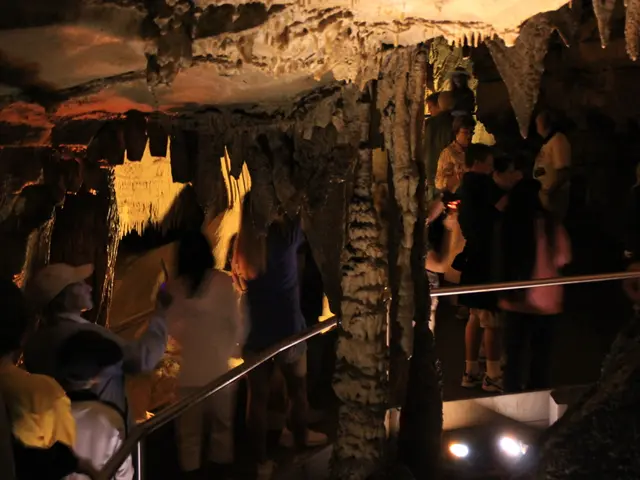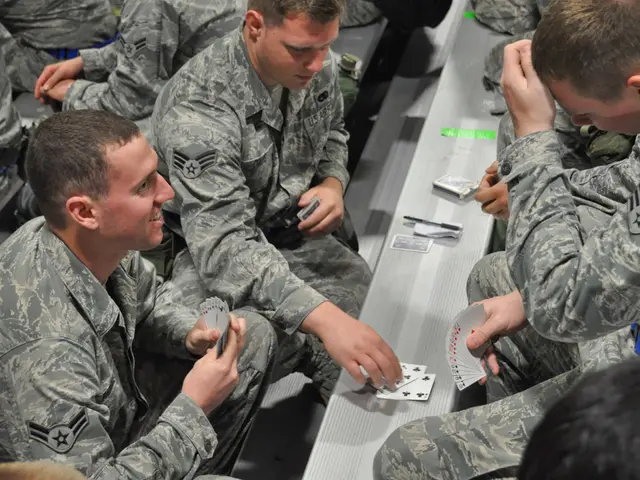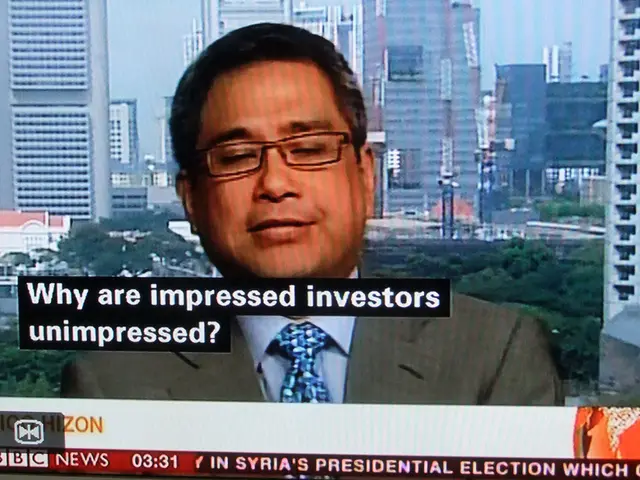Casinos owned by California tribes suffer setback in their dispute over cardroom banked games
In the heart of Sacramento County, the Sacramento County Superior Court is currently the stage for a heated legal debate. The focus of this argument is the operation of cardrooms in the county, specifically games like blackjack, which have been under scrutiny due to a challenge from local Indian casinos.
The crux of the issue revolves around the exclusivity of certain casino games, with California tribes claiming these games, such as blackjack and baccarat, are their exclusive rights. However, non-tribal cardrooms have argued that they can legally offer these games through third-party proposition player services (TPPPs), who act as bankers, rather than directly offering house-banked games.
The argument by the cardrooms centres around the inconsistency in the tribal casinos' demands for dual legal remedies. They argue that the tribes want both the ability to negotiate compacts under the federal Indian Gaming Regulatory Act (IGRA) and to sue under state law.
Judge Lauri Damrell, presiding over the argument, has made a tentative ruling in favour of the cardrooms, citing federal preemption under the IGRA over California’s Tribal Nations Access to Justice Act (SB 549). This ruling was a blow to the Indian casinos, who have been pushing for restrictions on the cardrooms' operations.
Despite the recent legislative efforts and lawsuits by California tribes, courts have consistently ruled in favour of cardrooms, maintaining that they operate under a distinct business model, traditionally offering player-banked games, and not typical house-banked casino games like slot machines.
The dismissal of the challenge by Judge Damrell is currently being argued over, with the tribal casinos contesting the ruling due to perceived flaws. The cardrooms, on the other hand, are defending their legal right to operate as they have been, questioning the legality of the tribal casinos' claim over their games.
This ongoing conflict involves disputes over the interpretation of the federal IGRA and its implications for state laws, as well as issues of tribal sovereignty, state regulation, and federal oversight. The situation is dynamic, with potential future rulings and regulatory changes that could alter the legal landscape.
For now, non-tribal California cardrooms offering banked games like blackjack and baccarat through TPPPs remain legally permitted, but this remains a contested and evolving area of gaming law.
[1] California Cardrooms and Tribal Casinos: A Legal Battle Over Banked Games. (2025). Legal Affairs Magazine. [2] The Indian Gaming Regulatory Act and California's Tribal Nations Access to Justice Act: A Clash of Laws. (2025). California Law Review. [3] Proposition 1A and the Exclusive Rights of California Tribes: A Historical Analysis. (2022). UC Berkeley School of Law Journal. [4] The Regulation of California Cardrooms: A Comprehensive Overview. (2022). California Gambling Control Commission. [5] The Tentative Ruling in the Sacramento County Superior Court Case: What Does It Mean for Cardrooms and Tribal Casinos? (2025). Casino & Gaming Lawyer.
- Despite the ongoing legal battle, California cardrooms continue to argue that they have the legal right to offer casino games like blackjack and poker through third-party proposition player services, challenging the exclusive rights claimed by Indian casinos.
- As the Sacramento County Superior Court case progresses, both sides are heavily invested in understanding the implications of federal laws, such as the Indian Gaming Regulatory Act, on state laws, particularly in cases involving casino-games like blackjack and poker.




